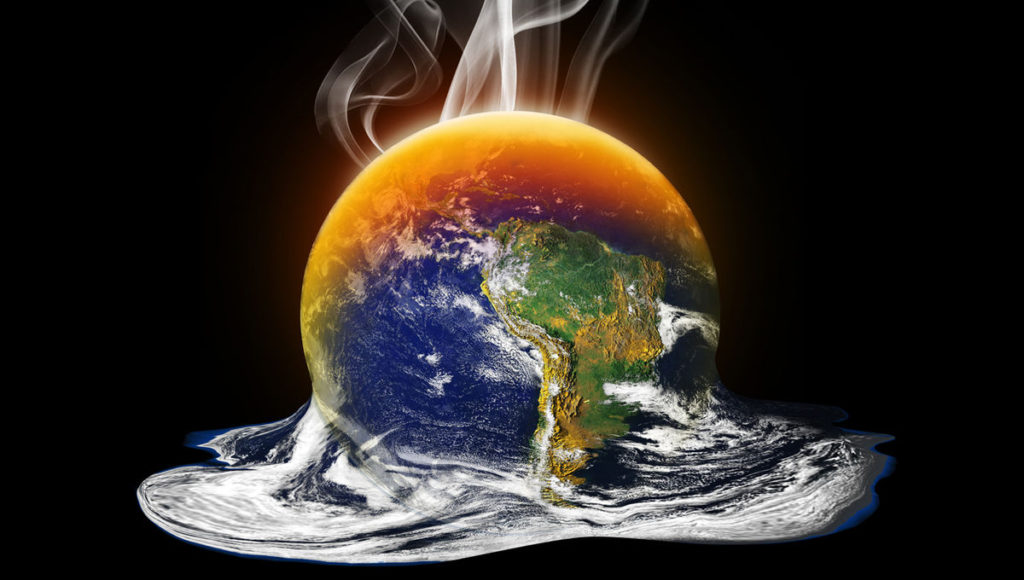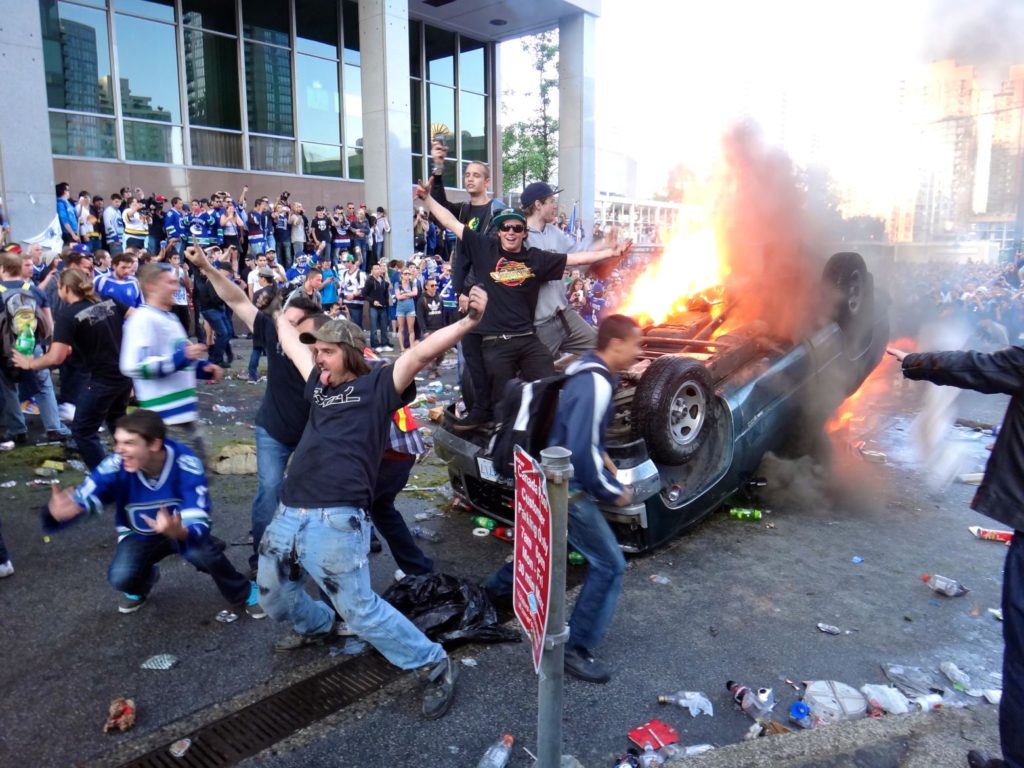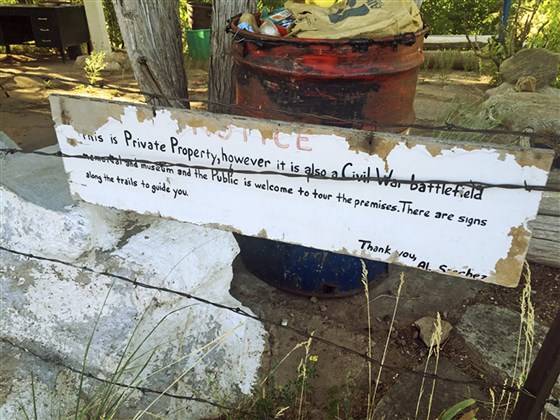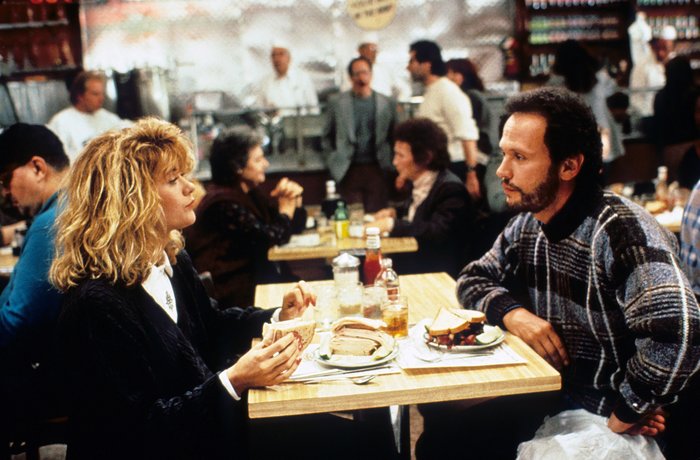Hey, remember the movie Idiocracy?
A cult hit by the guy who created Beavis and Butthead, the film presented a future where morons had bred out of control, causing the world’s collective IQ to drop and civilization to de-evolve into stupidity.
Yeah, we all laughed. Of course, while watching the movie, we assumed that we were the smart ones, outnumbered by mouth-breathing dullards, which is why we had a good chuckle over the idea of blithering fools taking over the nation.
And let me tell you, there is nothing egotistical or elitist about that — nope.
In any case, it might interest you to know that idiocracy will indeed be our future, but the movie got two things wrong.
First, it will not be a comedy.
And second, you are not the genius savior laughing at buffoons. No, you are part of the problem. You are one of the idiots.
You see, a recent academic paper has caused quite a commotion, because it argues that “democracy is devouring itself — and it won’t last.” The paper’s authors state that “in well-established democracies like the United States, democratic governance will continue its inexorable decline and will eventually fail.”
Ponder that thesis: democracy is doomed.
It’s a little grim, isn’t it?
Now, you might say this is all Trump’s fault. And indeed, the researchers agree that “Trump’s successful anti-immigrant populist campaignmay be a symptom of democracy’s decline.”
However, the bigger issue is that our brains — full of subconscious biases, fearful impulses and irrational narratives — just aren’t good at processing facts. Add to this the scourges of racism, tribalism, and selfishness, and one could argue that when it comes to democracy, “humans just aren’t built for it.”
Again, the paper’s authors don’t say it’s all the fault of those red-neck yokels who believe in Pizzagate (although, let’s be honest, they are the most obvious patient zeros for democracy’s illness).
No, the researchers believe that “democracy is hard work and requires a lot from those who participate in it,” such as “thoughtfulness, discipline and logic” as well as the ability “to respect those with different views from theirs and people who don’t look like them.”
The paper concludes that nobody — as in not one single person — can really perform these tasks that well. So be honest. Did you actually research all the candidates for your local school board election? Are you always respectful of reasonable people who disagree with you? Did you blow off the last Democratic presidential debate to catch up on back episodes of The Bachelorette?
Yeah, you’re not alone.
Some people are better at practicing democracy than others, but ultimately, “the majority of Americans are generally unable to understand or value democratic culture, institutions, practices or citizenship in the manner required.”
Again, that is not “a lot” or a “substantial minority” of your fellow patriots. No, it is “the majority of Americans.”
And if you’re asking why this is happening now, the researchers conclude that the “irony is that more democracy — ushered in by social media and the internet, where information flows more freely than ever before — is what has unmoored our politics, and is leading us toward authoritarianism.”
That’s where our favorite racist megalomaniac comes in. Trump’s role in the downfall of democracy is clear. You see, it is always easier to “pledge allegiance to an authoritarian leader than to do the hard work of thinking for yourself demanded by democracy.”
So this all very depressing — the end of democracy and collapse of America and all that.
But wait, because it gets even more horrible.
The novelist Jonathan Franzen recently achieved a literary going-viral moment when he wrote an article stating “climate apocalypse” is inevitable and that we should just “admit that we can’t prevent it.”

Franzen wrote that it is silly to go on “hoping that catastrophe is preventable.” Instead, he argues, we need to “accept that disaster is coming” and shift our attention to dealing with the resulting calamities.
This means preparing for droughts and floods and blizzards and climate refugees and political upheaval and lots of war. It means, according to Franzen, a future where “the systems of industrial agriculture and global trade break down and homeless people outnumber people with homes.”
And then he says something about how we can yet preserve a functioning world and still be optimistic in the face of chaos. But to be honest, everyone stopped reading the article at that point because we all felt like killing ourselves.
At this juncture, I will again bring up the minor issue that some experts believe that civilization itself will start to collapse as soon as 2050.
So there’s that.
With such a cavalcade of pessimism, is there any chance that we can, as Franzen states, “begin to rethink what it means to have hope”?
When it comes to climate change and democracy and the supposed greatness of America, is it time to just cut our losses? Is it time to stop fighting the good fight and instead prepare for the worst?
What should we do now?













